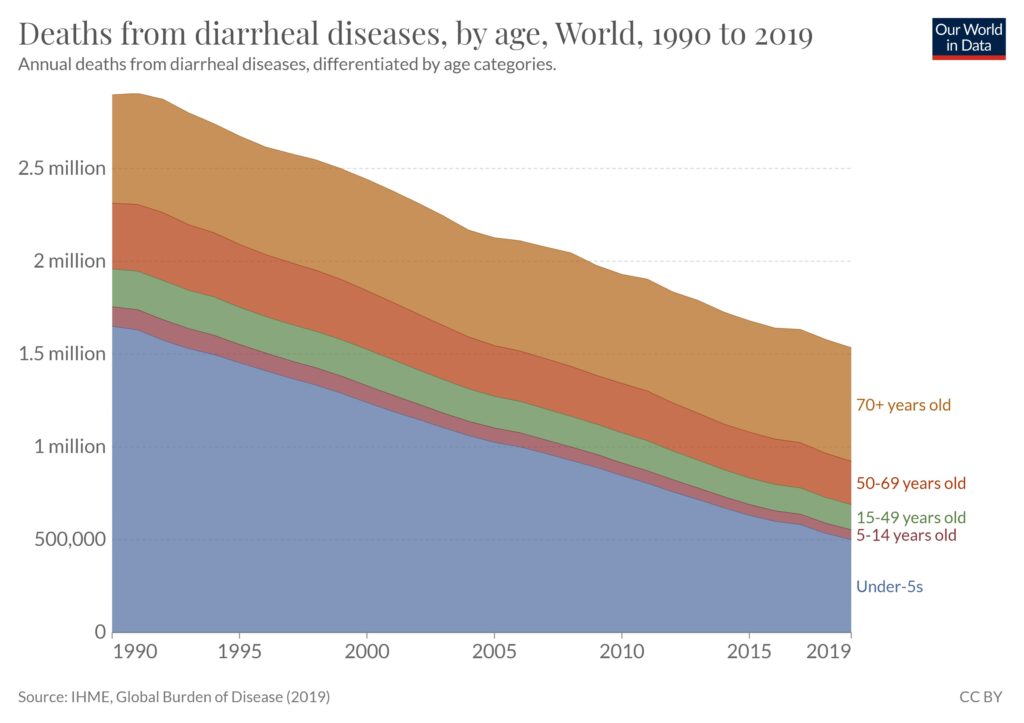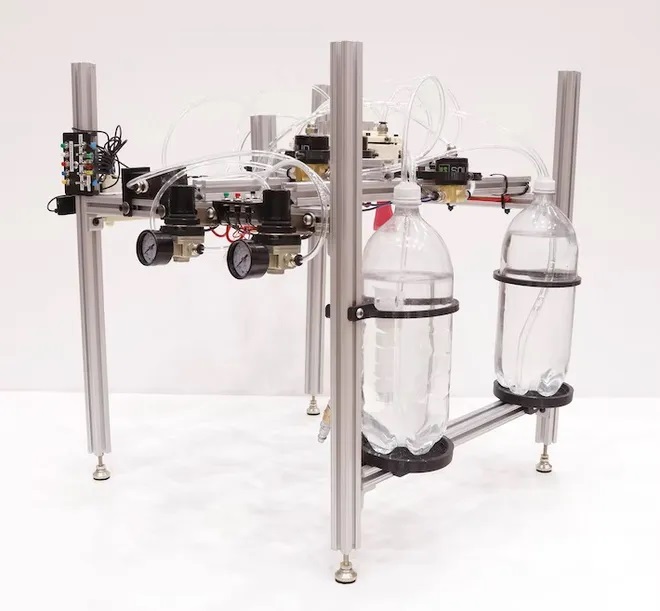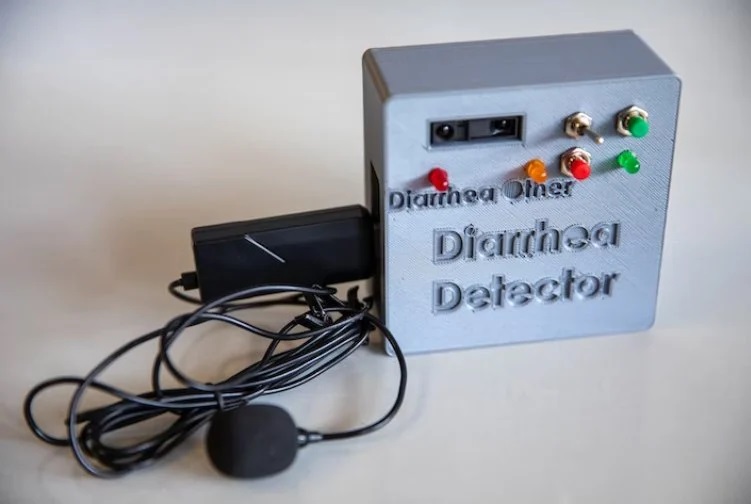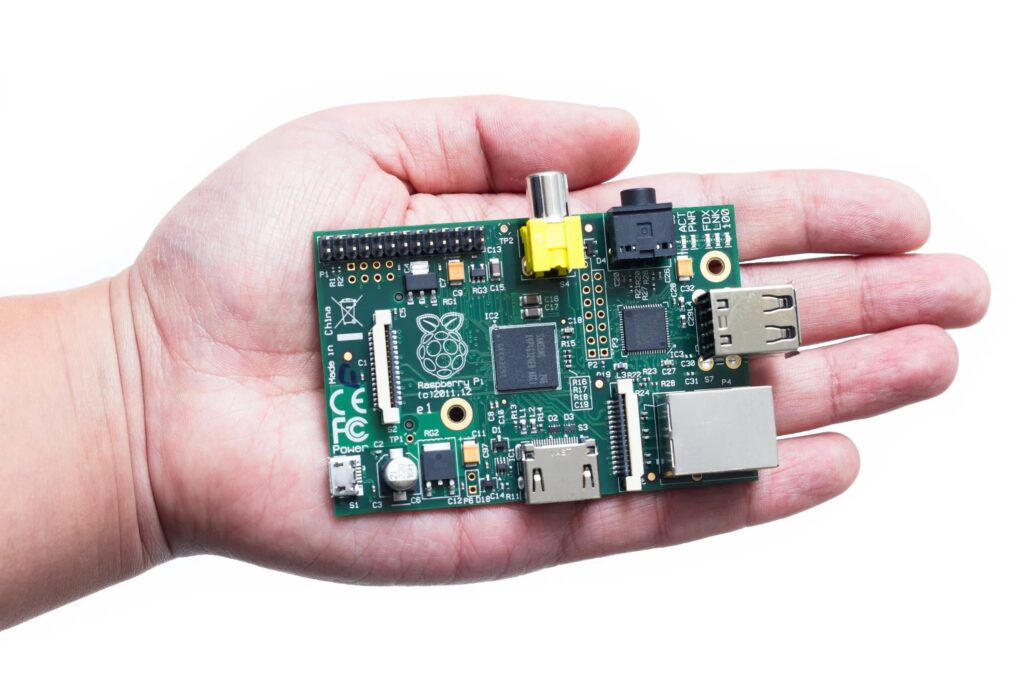A new device can detect sounds from our body and make a diagnosis
Farts are not only sounds and smells; they can say a lot about your health.
The acoustics of pee, flatulence, and diarrhea are currently given more importance by David Ancalle, a mechanical engineering student at Georgia Tech who studies fluid dynamics. Research shows that monitoring the flow of our excretions could be helpful for public health; thus, his team is training AI to recognize and evaluate the sound of each bathroom event.
According to this article, a mechanical device equipped with pumps, nozzles, and tubes was developed by Ancalle and Maia Gatlin, an aeronautical engineer at the Georgia Tech Research Institute (GTRI), to simulate the mechanics and noises of human bodily function. The device was given the moniker Synthetic Human Acoustic Reproduction Testing (S.H.A.R.T.) 😀.
According to a presentation made at the American Physical Society’s annual Fluid Dynamics meeting, S.H.A.R.T. is currently developing an AI system to one day detect lethal illnesses like cholera and prevent an outbreak in its tracks, even though the findings of Ancalle and Gatlin have not yet appeared in a peer-reviewed journal.

Cholera and other diarrheal diseases are the third-leading cause of infant death in the world, killing 500,000 children each year.
“There’s an outbreak and resurgence in Haiti as we speak”, Gatlin says. Ramping up the detection of diseases would bolster treatment and prevent outbreaks, she explains.
The objective is to deploy the machine-learning model and affordable sensors in areas prone to diarrheal illness epidemics.
But Ancalle wasn’t thinking much about diarrhea until recently, “Our initial focus for that first year was really on flatulence and urination”. He was attempting to connect the sound of farts to the interior structure of the rectum since abnormal alterations could indicate cancer. “After discussing with gastroenterologists we thought that it would be a good way to try for a non-invasive route”.
However, the study quickly grew when Ancalle collaborated with GTRI scientists who were working on passive gastrointestinal disease epidemic detection techniques. They pondered whether future toilets could be able to alert communities of an outbreak in addition to just collecting waste.
That’s where acoustics come into play. In addition to being less invasive and difficult than a medical examination, sound analysis is easier to perform remotely than video or self-reporting. Additionally, each of our excretions makes a distinct sound, including urination, farts, solid feces, and diarrhea. The group understood that this toilet data could be organized using a low-cost device and an A.I. system.
Starting with publicly accessible audio and video of excretions, they sorted through them, extracted the frequency spectrum from each, and fed it to a machine-learning system. Their A.I. eventually became ready for S.H.A.R.T. machine testing after learning from all of that data.
The S.H.A.R.T. machine contains various nozzles and attachments and is a few feet wide. The team pumps water through the device while recording the noises. They studied the physics underlying each excretion’s sound, then created the instrument to mimic those dynamics by experimenting with various attachments for each component.
Early data showed that their algorithm correctly recognized the “excretion event” up to 98% of the time.

Ancalle also provided details about the team’s modeling of the sound of male urination in the conference presentation.
The stream and sound change along with the urethra’s geometry. Using this concept as a baseline, Ancalle is currently collaborating with urologists to apply the same machine-learning method to identify irregular changes in urination and farts.
“Self-reporting is not very reliable”, Ancalle says. “We’re trying to find a non-invasive way where people can get a notification on whether or not they should go get checked out. Like ‘Hey, your urine is not flowing at the rate that it should. Your farts are not sounding the way they should. You should check it out'”.

According to their hypothesis, these acoustics would show changes in the tract caused by cancer or another illness. Despite working on a female urinating model as well, Ancalle only finished the male model in time for his presentation.
“It’s reasonable to assume that you can detect it with microphones”, Applied mathematician Jared Barber of Indiana University, who presided over the session but was not engaged in the research, said.

The scientists want to broaden their testing and ultimately create a deployable gadget, which might contain a little Raspberry Pi computer. Moreover, Gatlin plans to combine this effort with other initiatives to build sustainable toilets.
Barber acknowledges that the work is in its very early stages, but the presentation gave him hope. According to Barber, “It seems like it could have a very large impact… It all seems feasible. They are using techniques that can deliver the hopeful capability for diagnosis”.
Although it’s still early, the design team is thinking about the finished product. Ancalle claims, “We’re not trying to come up with million-dollar equipment… We are trying to make this something that can be afforded by just everyone, particularly since the project is focused on urban areas with weak health systems. The affordability aspect is very important for us”.
